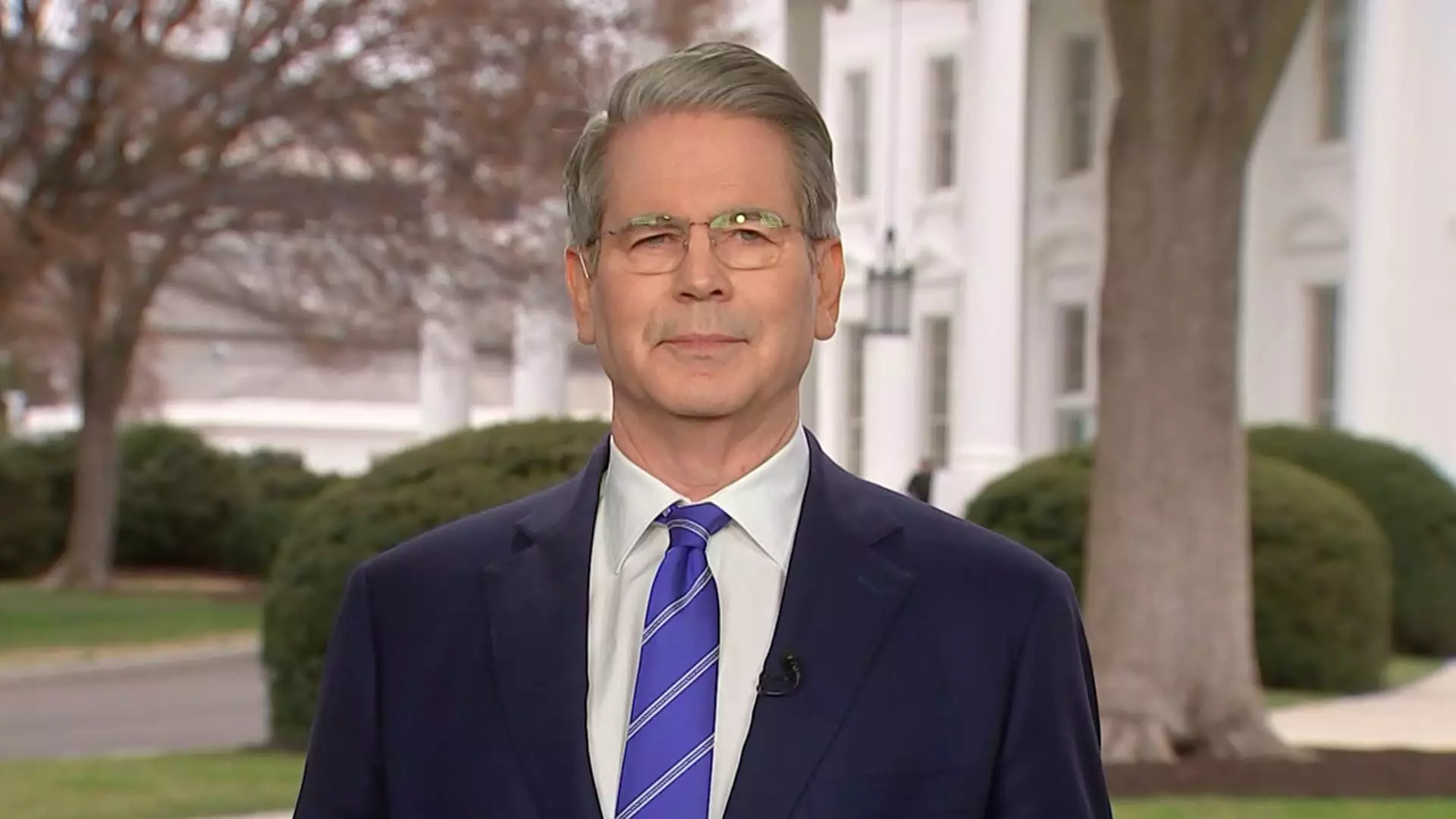Recent comments by Treasury Secretary Scott Bessent serve as a wake-up call to those who believe the economy is on stable ground. During a revealing appearance on NBC’s “Meet the Press,” Bessent pointed to the alarming trajectory of government spending as a root cause behind a looming financial crisis. His assertion that a failure to rein in fiscal irresponsibility could have catastrophic consequences is not merely hyperbolic; it underscores a pressing reality that we cannot afford to overlook. Bessent’s observations remind us that while government interventions can provide short-term relief, they must be accompanied by sustainable long-term strategies to avoid the scars of a potential financial meltdown.
The Disastrous Debt Dilemma
Despite attempts to overhaul the federal budget, the U.S. continues to grapple with an escalating debt crisis. Trump’s emphasis on efficiency and job cuts, spearheaded by notable figures like Elon Musk, appears to be mere window dressing in the face of deep-rooted financial malaise. The sobering statistic that the budget shortfall for February 2017 surpassed $1 trillion reveals a bleak picture. This isn’t just bad accounting; it is a harbinger of economic instability that should send shivers down the spines of fiscal conservatives and progressives alike. A budget that balloons without accountability poses a threat to all corners of society, with the most vulnerable feeling the brunt of any downturn.
Market Volatility: The New Normal
As if on cue, recent market fluctuations have added to the anxiety surrounding our economic stability. The S&P 500’s plunge into a 10% correction serves as a stark reminder that even a pro-business environment doesn’t safeguard against volatility. Bessent describes market pullbacks as “benign” and necessary, but this reasoning feels dangerously optimistic. Each correction could also signify deeper underlying issues that threaten to unravel the fabric of our economy. Market corrections are not simply a part of a healthy cycle; they can be symptomatic of larger systemic shortcomings—a reality that those in power seem unwilling to address comprehensively.
The Long Game: Flawed Perceptions of Recovery
The insistence that tax reforms, deregulation, and energy policy will ultimately lead us to prosperity offers little comfort when balanced against the stark realities of today. While it is essential to optimize our economic framework, these solutions risk being oversimplified magic bullets in a complex landscape. The prevailing belief that “pro-business” policies are a panacea is flawed; unchecked corporate power can foster inequality and exacerbate social divisions. The notion that recent corrections are actually beneficial hints at a rather naive understanding of market dynamics. For every gain made in the stock market, tangible benefits to the average worker remain frustratingly out of reach.
In a world teetering on the brink of financial chaos, it is critical that we question the viability of prevailing economic strategies. Overspending, unchecked volatility, and misguided optimism are warning signs that should galvanize not just policymakers but every citizen who has a stake in the future of our economy. Ignoring these signals may lead to repercussions that none of us are prepared to face.

